For Immediate Release
17/01/22
Online mental health support for young people played critical role in lockdown
A new study from the Insight SFI Centre shows more than half in survey turned to social media, apps for practical help
University College Dublin, Ireland: New survey results from the Insight SFI Research Centre for Data Analytics at UCD reveals that more than half of respondents turned to social media for mental health support during the first lockdown.
A survey of almost 400 people between the ages of 18 and 25 shows that as young people reported growing mental health distress in the 2021 lockdown, they also accessed practical help through dedicated mental health accounts on social media as well as apps and free services from charity groups such as Jigsaw and SputOut.ie
Just as in-person mental health services shuttered worldwide, there were significant increases in depression and anxiety in the young. Last month the US Surgeon General issued an advisory on what he described as ‘the youth mental health crisis during the pandemic’. Dr Murthy referred to research covering 80,000 youth globally, which found that depressive and anxiety symptoms doubled during the pandemic. Many Irish mental health services reported a surge in referrals of young people last year.
The Insight SFI Centre study examined how almost 400 young people in Ireland sought, and often found, help online. Dr Claudette Pretorius, co-lead on the study, believes that we can learn from their experiences and use social media alongside traditional services to support the young with their mental health needs.
More than half of the 18-25 year olds who took part in the study said they were using social media as a source of mental health support. Different social media platforms were used for different purposes. Facebook was a source of support groups. Instagram was used to engage with influencers who focused on mental health issues.
A third claimed to use mental health apps; the most commonly used was the Headspace app with 16.5%. They also used Calm Harm, Moodpath, #selfcare, Woebot and Youper.
A quarter made use of formal online resources such as charities (26%) or professional counselling services (13.2%). The most accessed resource was a charity organisation called SpunOut (13.2%), followed by the HSE (10.4%). Other services used included the NHS, BodyWhys, MyMind.ie, TherapyHub.ie, CounsellingOnline.ie, BetterHelp and 7Cups.
Messaging applications were the most popular, with 71.0% of respondents indicating that they had used a messaging application such as Whatsapp or Snapchat, sometimes as tools to contact a mental health professional for the purposes of therapy or counselling. Other commonly used applications in this category included Zoom and the direct messaging function on Instagram.
Many young people in the study said they had a helpful experience and would continue to use these resources. For some the lockdown created a need that prompted exploration. ‘I did not realise how helpful SpunOut really was. I’ve never given it a chance before. Desperate times made me!” said one respondent.
‘The purpose of the study was to get a better picture of what works for young people, so that services online can be enhanced,’ says Dr Pretorius. ‘We asked respondents to describe what worked for them. Interpersonal connection was strong theme. It was important that an online resource provided an experience where the participant could feel connected to another, whether that be a professional or peer. It was also important that young people had an empathic experience through these interpersonal interactions, that they felt heard and understood as opposed to receiving generic responses or being sign-posted somewhere else.’
‘A quarter (26%) of respondents reported using formal services from charities or health services,’ says Claudette Pretorius. ‘These services are free so the numbers seem low. This is likely due to a lack of awareness. It appears that for some of the respondents this was the first time they had had the need to use online mental health supports and it is evident that they were pleasantly surprised. There is a strong argument for advertising these services more widely in the community and in our schools and colleges.’
Read the full abstract
Ends
Insight SFI Research Centre for Data Analytics
The Insight SFI Research Centre for Data Analytics is one of Europe’s largest data analytics research organisations, with over 450 researchers, more than 80 industry partners and €100+ million in funding. Its research spans Fundamentals of Data Science, Sensing and Actuation, Scaling Algorithms, Model Building, Multi Modal Analysis, Data Engineering and Governance, Decision Making and Trustworthy AI.
Insight is made up of four host institutions at DCU, University of Galway, UCC and UCD. Insight’s partner sites are Maynooth University, TCD, Tyndall and UL.

